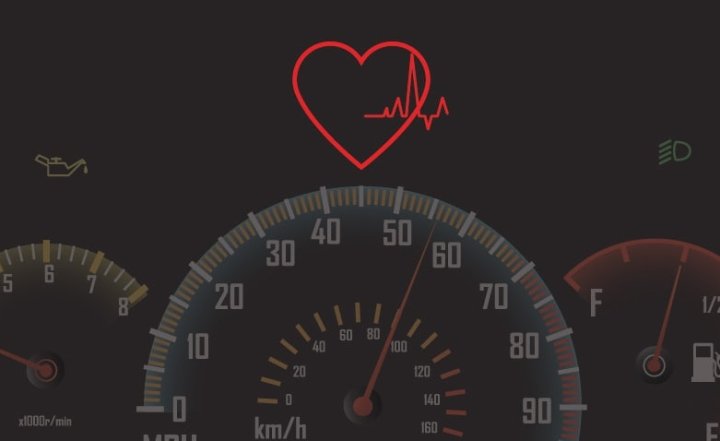
With that in mind, Toyota is looking at the idea of incorporating technology into its cars that can predict such an event and bring the vehicle to a quick and safe stop.
Of course, with self-driving cars expected one day to rule the road, there would be no need for such technology. But with the widespread use of autonomous vehicles still a ways off, Toyota’s plans could prove an effective interim safety measure to prevent injuries (and potentially worse).
To develop a system, Toyota’s Collaborative Safety Research Center in Ann Arbor, Michigan, has been working with Kayvan Najarian, director of data science at the Michigan Center for Integrative Research in Critical Care.
Najarian told Michigan Medicine that as healthcare facilities continue to improve, “there will be an increased number of older-age drivers, which could increase the number of medical events happening behind the wheel.”
The joint team noted that the solution involves embedding an algorithm-powered system inside the car that can monitor and predict an adverse cardiac event.
One of the central challenges is to create an effective algorithm capable of making accurate predictions regarding cardiac events. After all, any stops made in error would not only be an annoying inconvenience for the driver but also a highly stressful experience, with the person behind the wheel worrying they’re about to have a heart attack when in fact they’re perfectly fine.
Accurate monitoring is also dependent upon how the technology is incorporated into the vehicle. Discussing the issue, Toyota’s Pujitha Gunaratne said, “A challenge for vehicle applications is having a system that can detect small changes in heart rhythms but can also separate out the noise and motion that happens inside the vehicle.”
He added, “In an ICU, there are all types of mechanisms in place to ensure that the monitors are not experiencing electronic interference. That’s not as easy inside a vehicle.”
At the current time, the team is exploring hardware options for in-car sensors and monitors, which could be built into car components such as seat belts and steering wheels. It’s also collecting physiological data for its algorithm using officially approved heart
Although such medical emergencies are extremely rare considering the number of miles people travel in their vehicles, such a system could prove effective in preventing further injuries and fatalities should the driver lose control of the vehicle. It’s usefulness could be further enhanced if the system automatically sent a signal to the nearest hospital so that first responders could reach the driver to offer medical assistance.
Editors' Recommendations
- The Toyota Urban could be the low-cost electric crossover we’ve been waiting for
- 900 miles on a charge? How Toyota’s solid-state battery tech could revolutionize EVs
- The iPhone could soon pick up a car crash detection feature that can dial 911
- Toyota to recall nearly 700,000 newer vehicles that could stall mid-drive
- Toyota’s smart city will be full of autonomous cars, smart homes, robots


